As someone who comes from a Muslim family, I have grown accustomed to the myriad of questions that come my way when Ramadan arrives. There are many misconceptions about what Ramadan actually is and why Muslims celebrate it. People assume we fast for a month straight or are shocked when they find out we don’t drink water either. So, what is Ramadan?
Ramadan is the ninth month in the Islamic calendar, a calendar determined by the lunar calendar, or the moon. It is a sacred and holy month because this is the month when the Quran was verbally given to Prophet Muhammed PBUH (peace be upon him). Muslims commemorate Ramadan by fasting, a process in which we don’t eat or drink anything between sunrise and sundown. A lot of people think it’s difficult, but I think after the first week or so it feels normal. We break our fast at sundown, by eating a meal called Iftar. In some other countries, Iftar is called other things, like futoor. We typically break our fast with dates and water, which is not required. Most people do this because it is considered Sunnah (recommended act of worship). After breaking our fast, me and my family pray Maghrib, the fourth required prayer of the day. After that, we have a full meal.
In the morning we have Suhoor, the meal eaten before sunrise. Many Muslims wake up around 4:45 to 5:15 to prepare and eat suhoor, but it really depends on the time zone they are in and when the sun rises for them. I personally don’t eat suhoor, because I can never wake up on time. Most Muslims do take this time to drink some water and just prepare for the day. Suhoor ends when the time for Fajr comes, or the sunrise prayer. After Fajr, we can’t eat anything else for the day.
The main reason we fast during Ramadan is it is one of the pillars of Islam. There are 5 pillars of Islam, and they are the core guidelines for Muslims. Fasting during Ramadan is a requirement, though there are some exceptions. If someone is sick, pregnant, or unable to fast for any medical reason, they are excused. Everyone is encouraged to fast, but in these cases, it is understandable for someone to be exempt.
During Ramadan, Muslims focus on self-reflection and spirituality. In Islam Ramadan is a very special month, as Laylat-Ul-Qadr happens. Laylat-Ul-Qadr is the night when the first verses of the Quran were sent to Prophet Muhammed PBUH. Anyone who prays or asks for mercy on Laylat-Ul-Qadr will have all their previous sins forgiven. It is the night prayers are granted, mercy is given, and the angels come down to Earth.
Taraweeh is also an important part of Ramadan. Taraweeh is the voluntary prayer held after Isha, the final prayer of the day. Many mosques hold Taraweeh prayers every night. It is always beneficial to pray, but many Muslims believe that consistently praying Taraweeh during Ramadan will have many rewards, and many sins will be forgiven.
Ramadan also teaches people to appreciate what they have. We learn the difficulties some people feel every day and see how much we take for granted. In a way, it humbles us. We spend so much time worrying about things that don’t really matter, and Ramadan shows us that. I would recommend fasting to everyone if only to understand how much they have.



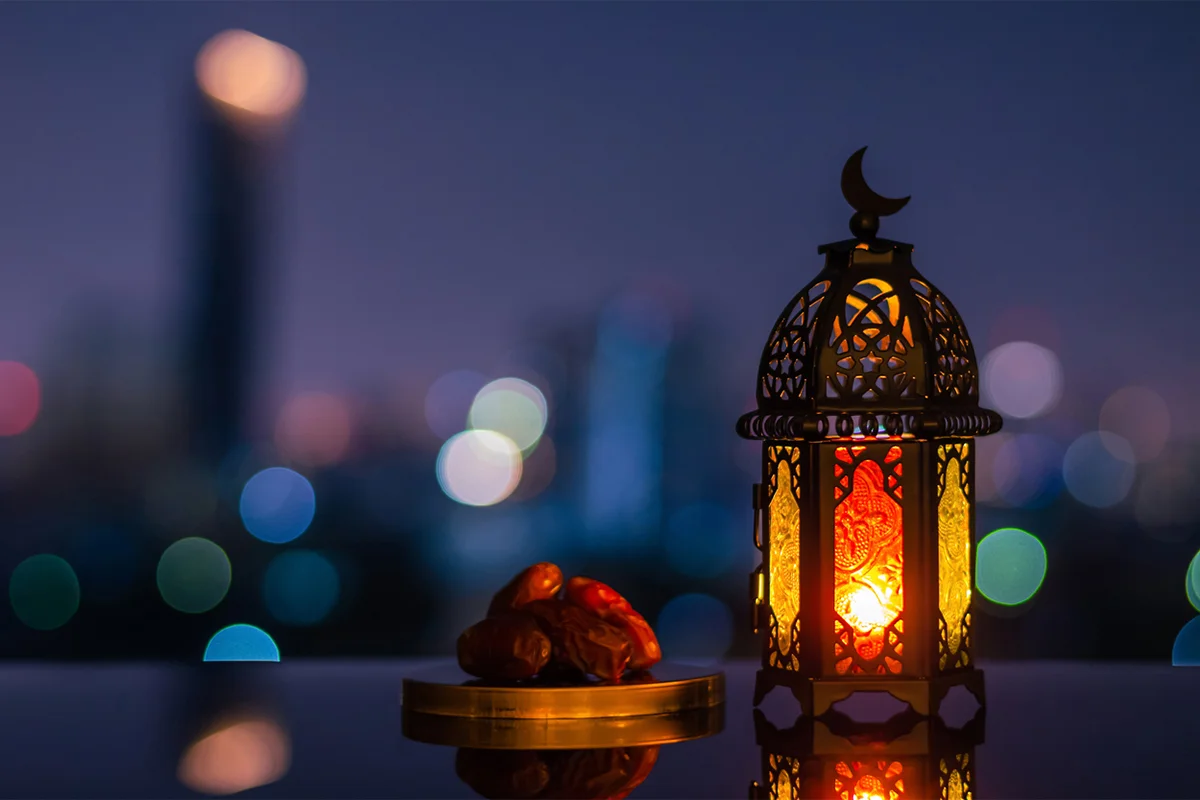

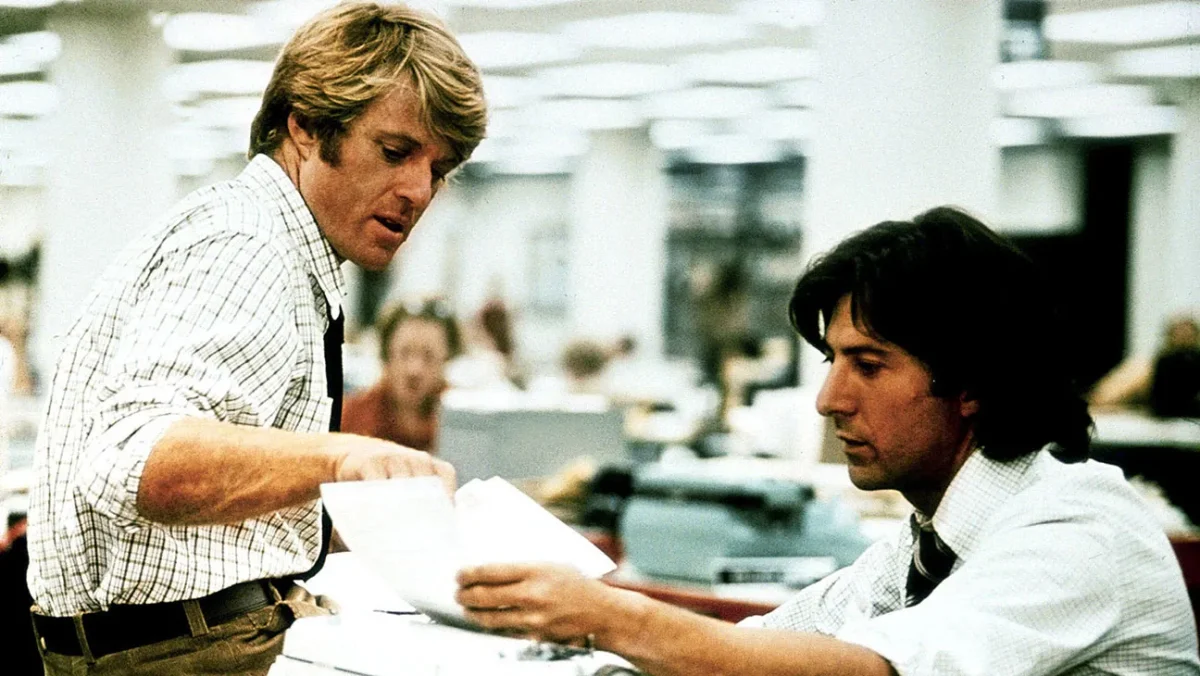

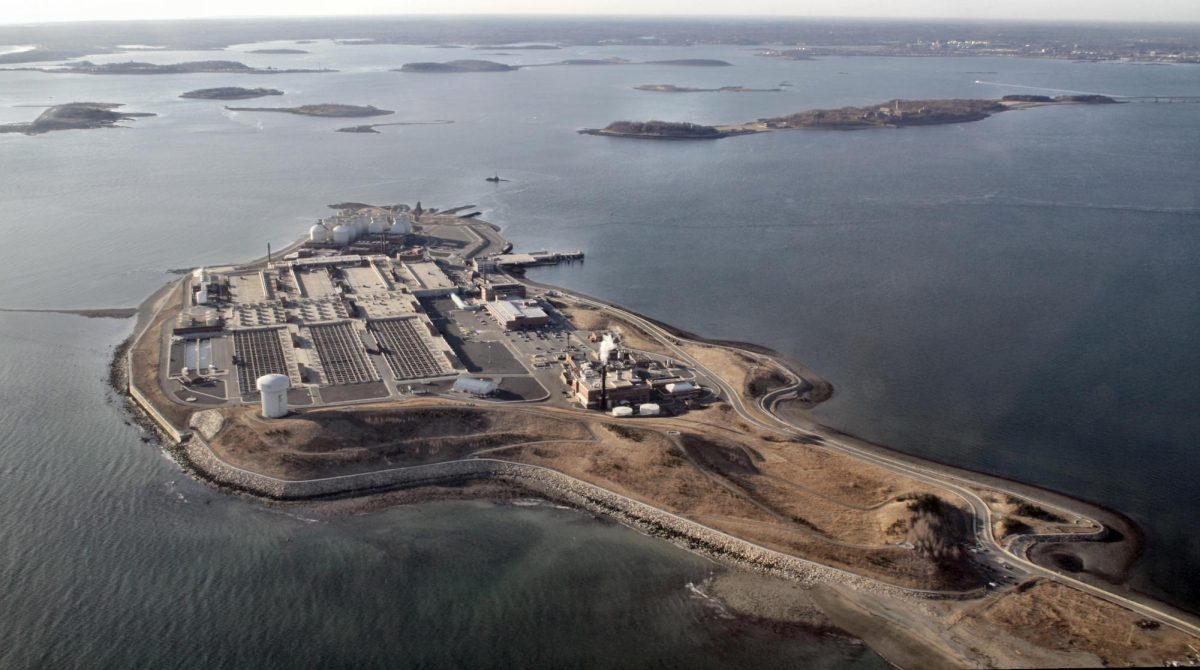
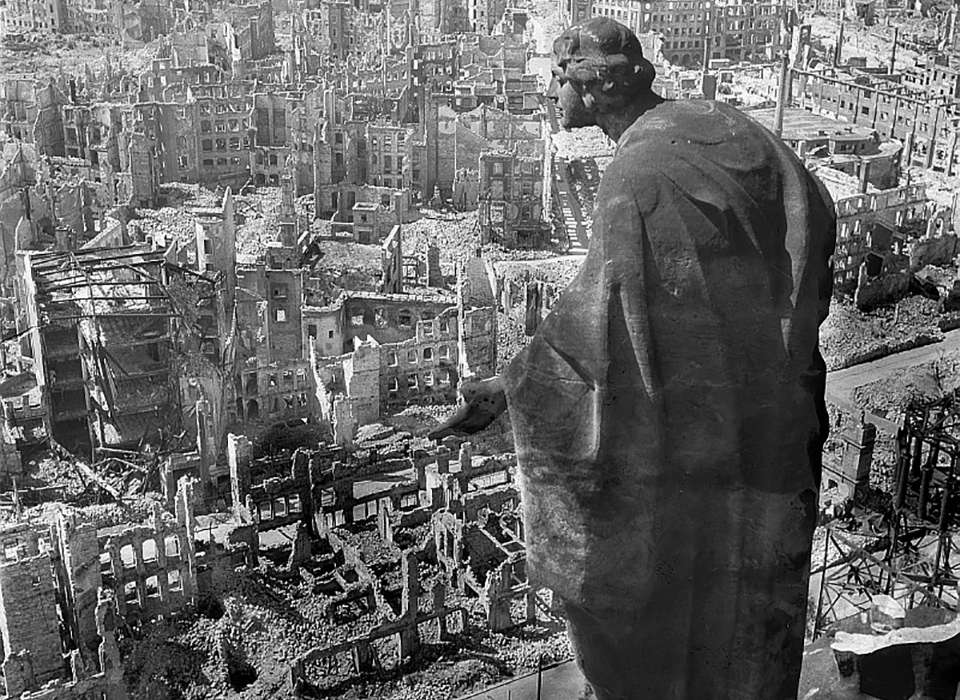


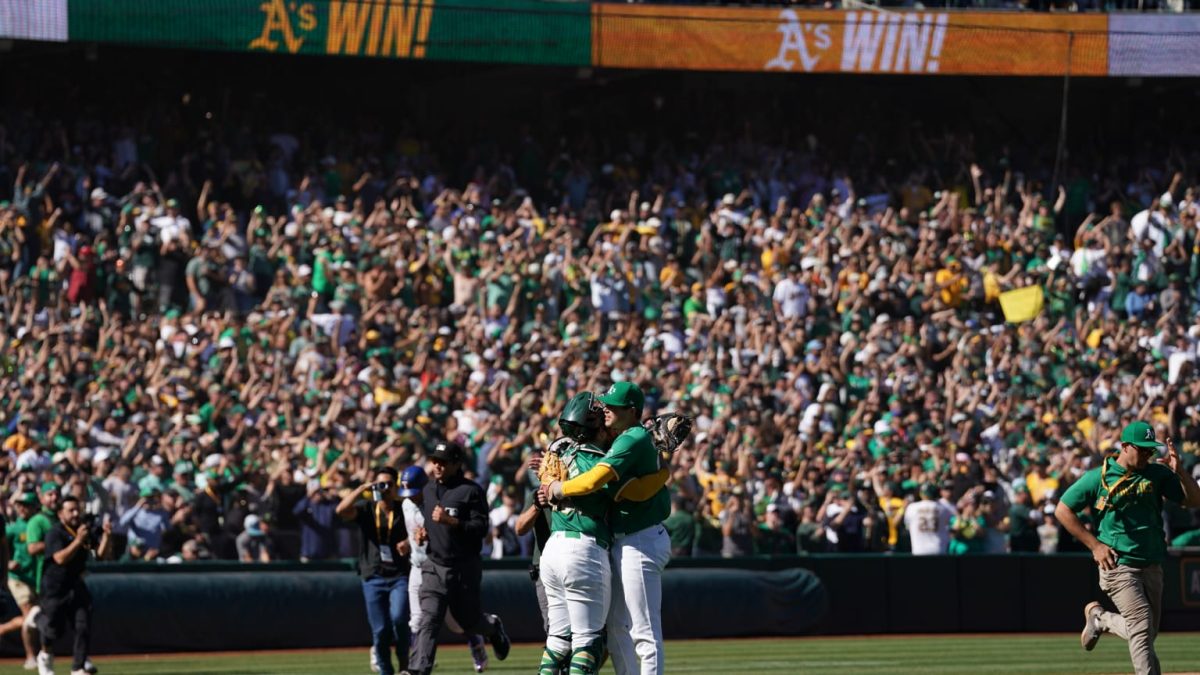
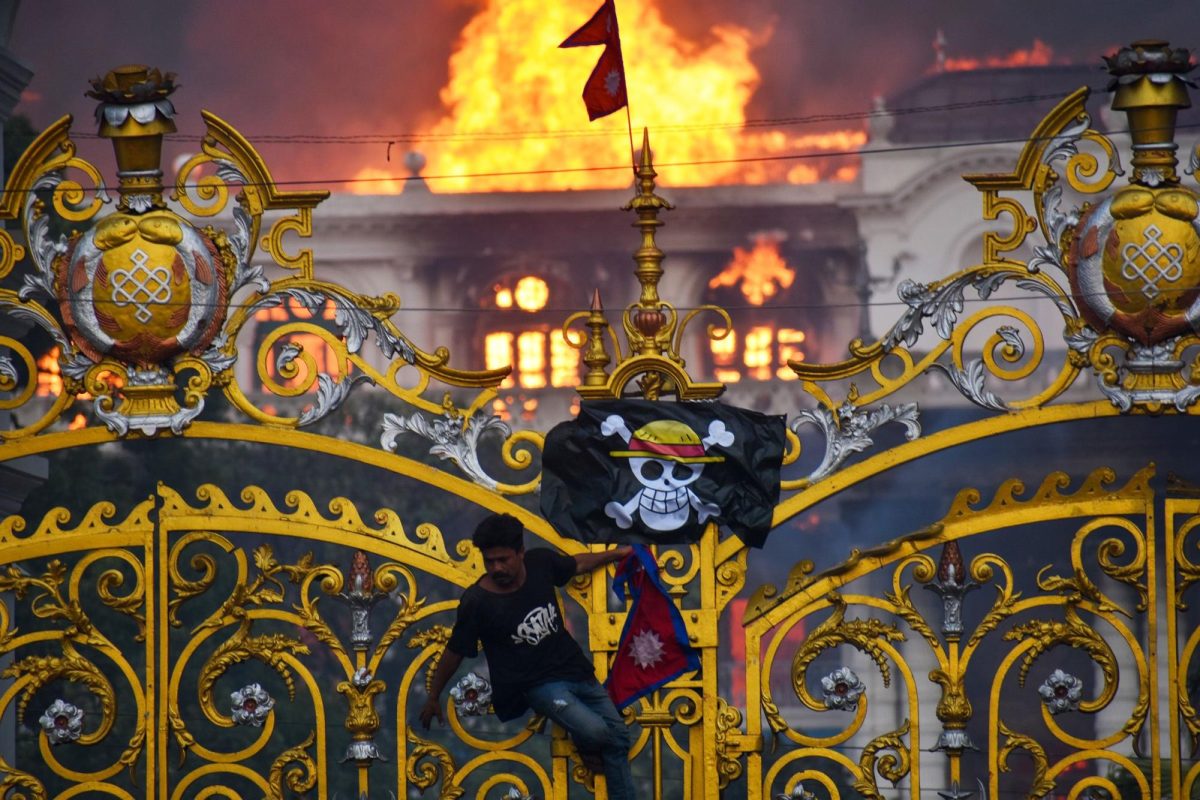
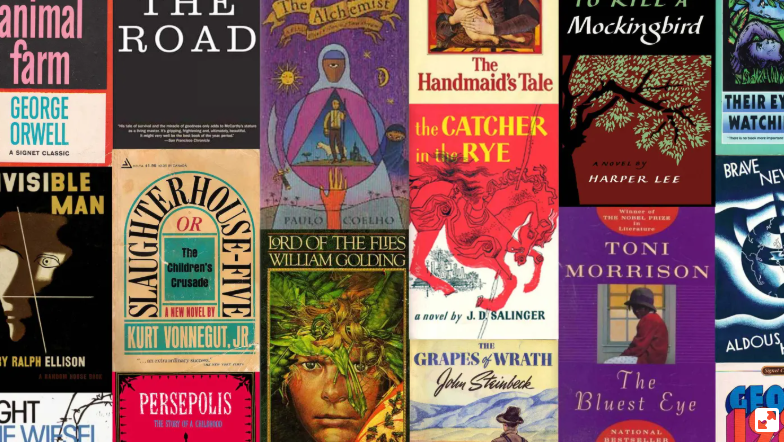
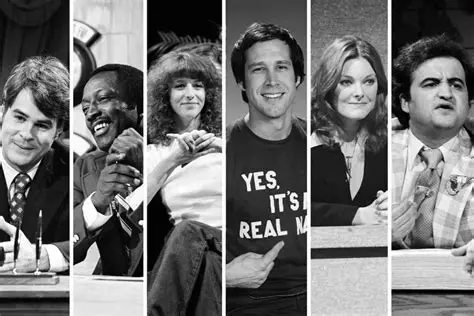

csumma • Mar 23, 2024 at 10:47 am
Zanieb,
Wow! I had no idea the meaning of Ramadan. The praying, the fasting, etc. is so fascinating to me. This article is awesome and I honestly learned lots. Thank you so much for sharing this information. I now understand and respectfully know
the true meaning of Ramadan.
Bravo…a great article!!!
Zaineb Fawzi • Mar 25, 2024 at 8:39 pm
I’m happy my article informed you! Ramadan has so much interesting history, I’m glad I got to write about it. Thank you for reading!
Ms. Domina • Mar 22, 2024 at 1:00 pm
Thank you for taking the time to explain the customs and ideas behind Ramadan!
Zaineb Fawzi • Mar 25, 2024 at 8:36 pm
I’m happy to! Thank you for reading!